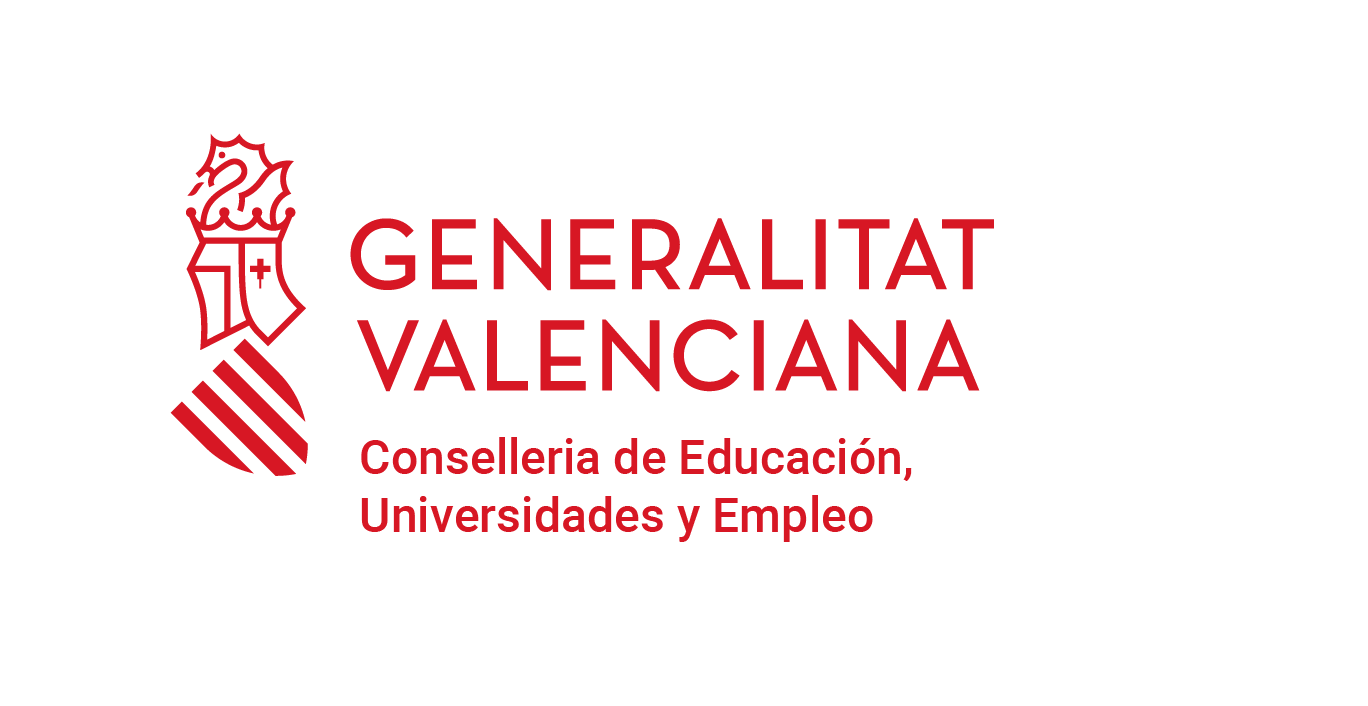On Tuesday 17 December at 09:30h in the Multipurpose Hall of the Espaitec 2 Building, the outcomes of the Espaitec innovation projects will be presented. They will include the projects the Technology Map of the province of Castellón, UJI.>LAB and Knowledge Transfer Antennae.
The aims of the project Technology Map of the province of Castellón are to identify and make visible technology-based and innovative companies from the province, and to explore the possibilities of synergies and collaborations among them. One of the main objectives of this study is to geolocate, divide and point out technology-based companies. This project is constantly evolving and developing.
The UJI.>LAB project is essentially a creative project, which came about from the need to design technology-based solutions to the different challenges that society demands through mechanisms like Final Degree or Final Master Projects. This project is linked to the cooperative methodology LivingLab (within the Quadruple Helix Framework: Industry, Government, Academia and Society), which the European Network of LivingLabs (ENOLL) encourages. Espaitec has formed part of its Management Board since 2011.
It is stressed that UJI.>LAB has a FabLab whose main mission is to convert ideas into real prototypes that can be used by society. Therefore, tangible solutions are sought to be developed into future start-ups. To this end, considerable investment has been made in last-generation machinery like: 3D Printer, Resin Printer, Laser Cutter, Cutting Plotter, High-precision CNC and large-Sized CNC.
Finally, the Knowledge Transfer Antennae project has centred its activity on bringing together professionals from companies in the area of Sagunto and Vinaroz with groups of UJI researchers through “face-to-face” sessions to explore collaboration possibilities. To do so, two Transfer Events have been held, one in Sagunto and another in Vinalab in the capital of Vinaroz, to facilitate networkings (working in networks and bilateral meetings among professional from companies and research groups). The themes covered have been, for example, the integrated management of Agricultural Pests, Biochemistry and Biotechnology, Ceramics, Glass and Nanotechnology, Manufacturing Engineering, Design Engineering, Waste Engineering, Electricity, Electronics and Automatics, Refrigeration and Climatisation, Transferring Heat, Cold and Electricity, Multiphase Fluids, Solid-State Chemistry, Environmental and Occupational Hazards, Processes Reengineering and Business Digitalisation.
These three innovative projects have been carried out thanks to the collaboration and financing of Valencian Institute of Business Competitiveness (IVACE) through a collaboration Agreement with the General Universitat Jaume I Foundation to promote knowledge transfer and technology between university and companies, and to support innovative entrepreneurship.




